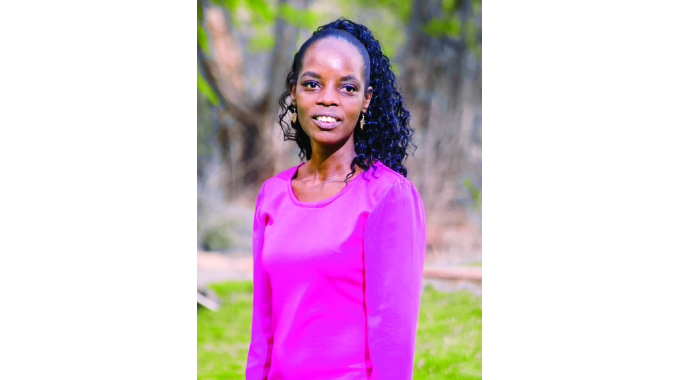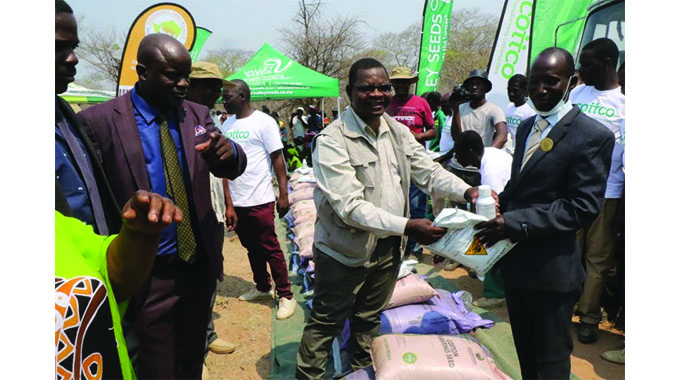Breast cancer awareness month is not enough

Mbulelo Mpofu, Features Reporter
THE global cancer community came together to commemorate World Cancer Day on February 4.
The theme “Close the care gap” called for collective efforts aimed at improving access to quality care including screening, early detection, treatment and palliative care.
As the world shines the spotlight again on breast cancer this month, cancer patients and survivors have pleaded for better medical service provision and rates.
Recently, cancer patients lamented the passive approach towards Breast Cancer Awareness month and called for a paradigm shift for health care service providers, local cancer associations and the world at large.
This comes in the wake of exorbitant rates charged for cancer patients to access chemotherapy, radiation therapy and medication to help them get through the day.
Chemotherapy is a type of cancer treatment that uses one or more anti-cancer drugs as part of a standardised chemotherapy regimen. Radiation therapy is cancer treatment that uses high-energy x-ray or other particles to destroy cancer cells. A radiation therapy regimen, or schedule, usually consists of a specific number of treatments given over a set period.
Pink Sisters, as cancer patients and survivors prefer to be addressed, shared gut-wrenching stories of the torrid experiences they encountered to access medical services and medication with some even travelling outside the country to access them.
Chronicle is in possession of one patient’s medical quotation which is over US$1 000. For many, this is an arm and a leg and a cancer patient only identified as Ms Shumba pleaded for help.

Photo Credit: Getty Images
“Cancer drugs and therapy are very expensive. We’re failing to buy them. I’m a breast cancer survivor but failed to finish my Herceptin cycles. I was given 18 cycles but one cycle costs US$360 and one takes it after every three weeks. May the Government please help us so that we can finish our treatment. Cancer medication is very expensive and we can’t afford chemotherapy or radiotherapy due to financial constraints. These services need a lot of money, more so in US dollars which we don’t have.
“Some breast cancer patients have to take Tarmoxen for five to 10 years. We ask that the Government provides these drugs for free just like ARVs (antiretroviral drugs). We plead for our country to be in tandem with other Sadc countries where cancer is treated for free. This will enhance our chances of survival,” she said.
Besides monetary issues, the patients also bemoaned lack of functional radiation machines at local public hospitals, which forces them to travel outside the country for help.
“As cancer patients, we request that the Government fix the radiation machines in Bulawayo which have not been working for two years now. This has been the case with Harare. There are patients whose lives are dependent on these machines. If both machines are fixed, people around the country will benefit from them. We appeal to the Ministry of Health and Child Care to get those machines fixed to improve our lives,” said another patient only identified as Mrs Sibanda.

Cancer is one condition which requires special attention and a strong support structure, something that 42-year-old Mrs Trish Manyatwa knows all too well.
“The cancer association here is passive and it’s not actively involved in our fight. It’s not doing anything for patients in Bulawayo. I recently contacted them for counselling after I was diagnosed but I wasn’t offered any help until I came across this support group. It had three people and I was the fourth one. Now, we have 41 members and this group has helped a lot of people. We request that a new cancer association committee be formed composed of cancer patients.
“We thank the Government for awareness campaigns that are being done every year in October but these are not enough without treating the disease. I believe that more must be done and there is room for significant improvement from everyone,” said Mrs Manyatwa.
Another cancer patient who spoke on condition of anonymity said cancer patients should not be taken for granted and trampled upon as some event organisers plan events aimed at raising cancer awareness but fail to live to the billing.
“Last Sunday, I attended an event meant to raise cancer awareness and amplify our voices as cancer patients and survivors but was dismayed with the scenes as there were no discussions but instead, it was a festival of booze and merry-making. I felt like that defeated the whole purpose of raising our voices and it was a dig at the whole Breast Cancer Awareness Month idea,” she said.
The Second Republic under the leadership of President Mnangagwa has made significant strides to improve service delivery and top of that agenda has been healthcare service delivery. This has seen a lot of health institutions being built and renovated.
Cancer is a large group of diseases that can start in almost any organ or tissue of the body when abnormal cells grow uncontrollably, go beyond their usual boundaries to invade adjoining parts of the body or spread to other organs.
According to the World Health Organisation (WHO), cancer is a leading cause of death worldwide, accounting for nearly 10 million deaths in 2020, or nearly one in six deaths.

World Health Organisation (WHO)
In 2018, lung, prostate, colorectal, stomach and liver cancer are the most common types of cancer in men, while breast, colorectal, lung, cervical and thyroid cancer are the most common among women.
The cancer burden continues to grow globally, exerting tremendous physical, emotional and financial strain on individuals, families, communities and health systems. Many health systems in low- and middle-income countries are least prepared to manage this burden, and large numbers of cancer patients globally do not have access to timely quality diagnosis and treatment.
In countries where health systems are strong, survival rates of many types of cancers are improving thanks to accessible early detection, quality treatment and survivorship care.








Comments